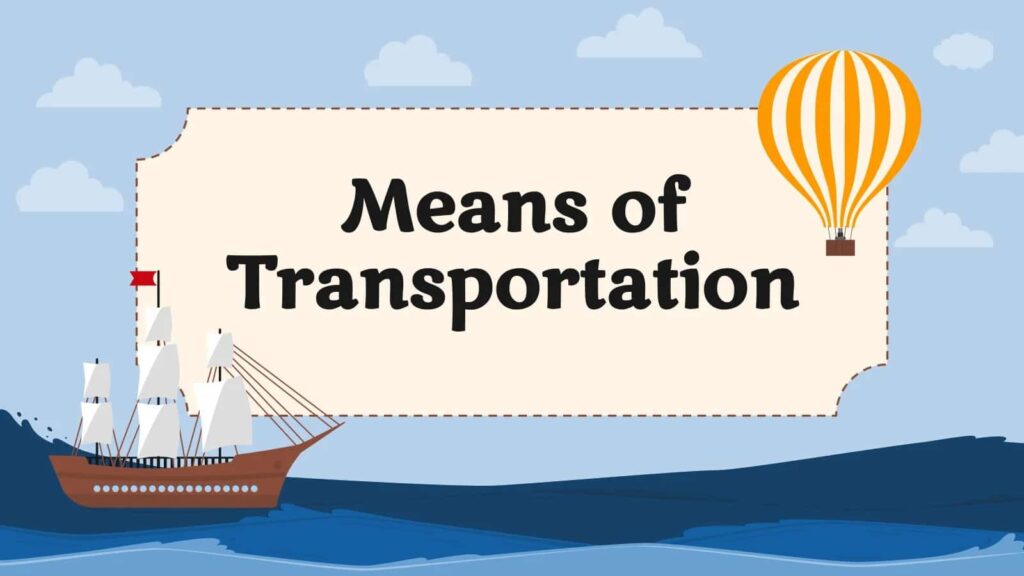Determining when to use Por vs. Para is one of the most challenging grammatical concepts in Spanish.
It’s challenging because students are often taught that “por” and “para” simply mean “for”, hence leading to ambiguity in the translation and meaning of each of these prepositions.
Although English prepositions such as “for” and “by” sometimes capture the meaning of “por” and “para”, they fail to express the full range of nuances conveyed by their Spanish counterparts. This ambiguity may cause confusion and uncertainty when selecting the appropriate preposition in a context.
And it’s only natural that due to their specific uses, we have to rely on tips and memorize – at least at the beginning of our learning journey – some of their most common uses for each one of them.
In the next 5 minutes you are going to learn one specific use for “por” that you can always count on; using “por” for expressing modes of transportation.
We always use “por”, when we talk about the means we use when traveling or taking ourselves to certain destinations or when we transport something or someone.
Watch this mini lesson to see more examples and start using this correct use of Por Today.
Feel confident that you can use “por” everytime you talk about the means you use when traveling or using transportation. Por ejemplo…
- Yo viajo por tren todas las mañanas. – I travel by train every morning.
- Las próximas vacaciones viajaremos por barco. – Next vacation we will travel by boat.
- Me gustaría viajar por helicóptero a las montañas. – I would like to travel by helicopter to the mountains.
- Transportamos la mercancía por camión hacia el almacén. – We transport goods by truck to the warehouse.
- Vamos por metro al trabajo para evitar el tráfico. – We go by subway to work to avoid traffic.
And many other means of transportation use the preposition “por”.
Now, it’s your turn to test your understanding of this specific use of POR. Download this practice worksheet👇

Practice using POR; respond to these questions en los comentarios: 👇
- ¿Cómo llegas al trabajo?
- Cuando estás en las vacaciones, ¿cómo viajas?





Creo que la preposición en es puede ser usado para transporte también. Por / en tren, auto, avión etc. ¿Hay una diferencia en significado or solo depende de región / país?
¡Hola Rick, así es! También podemos usar “en“: Viajo en tren, llegué en auto, viajamos en avión, etc.
Solo que aquí nos estamos enfocando en usar “por” para practicar ese uso específico de “por” al hablar de transporte y así sea más fácil recordarlo al tener que seleccionar entre “por vs para”.